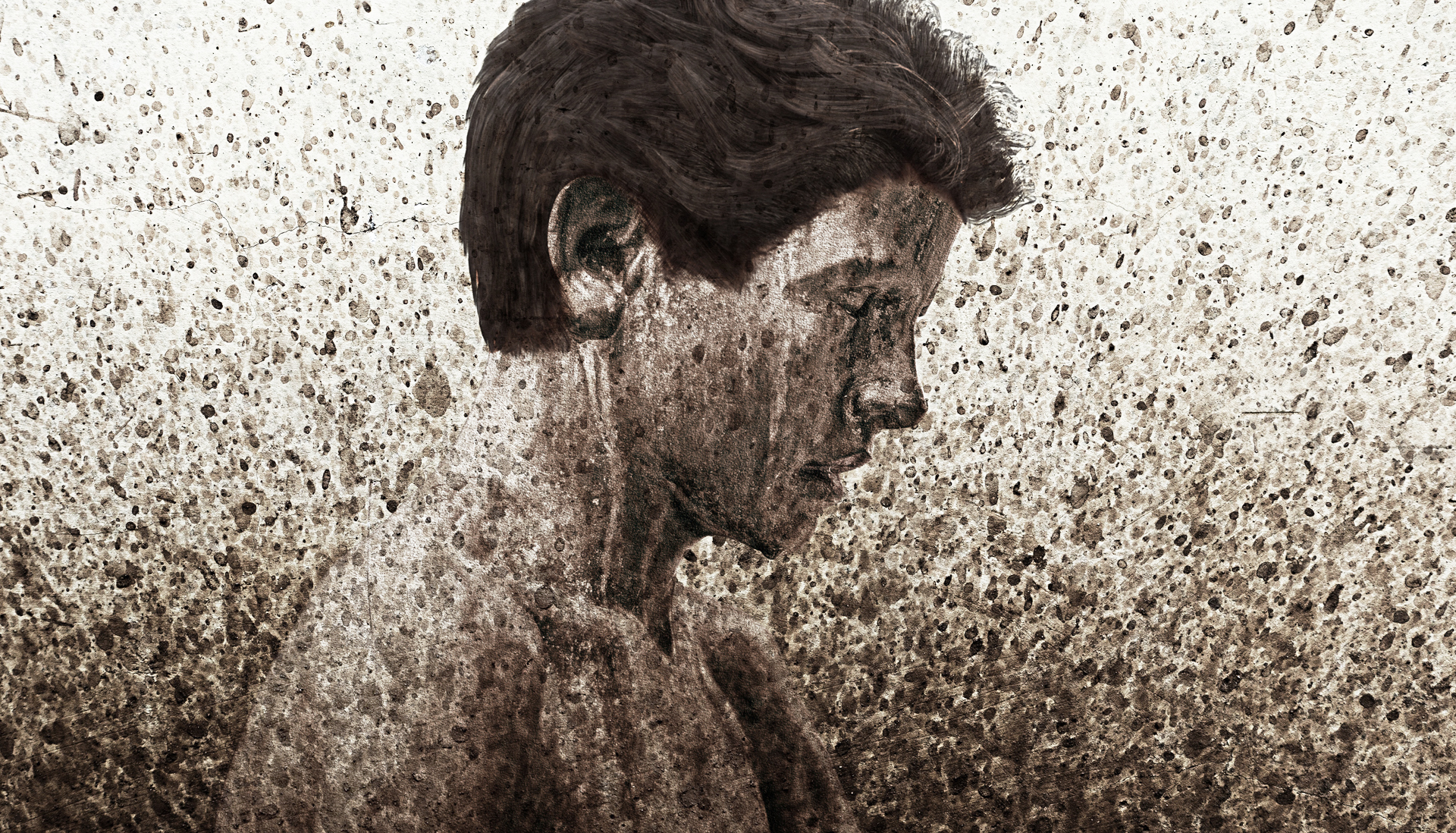“Thou shalt not go up and down as a talebearer among thy people: neither shalt thou stand against the blood of thy neighbor: I am the Lord.” -Leviticus 19:16
Slander, gossip, talebearer; these are all types of lashon hara (Hebrew: “evil speak“) that fall under the sin of rechilus. The word rechilus comes from the root “rachil,” Hebrew for “a peddler.” This is because a rechilus act is just that: peddling gossip, or ill will towards another.
Three Deaths
“The tongue can be as murderous as the hand.” -Arachin 15b:73-74, Talmud
It is said in Talmud, Arachin 15b that rechilus speech destroys or “kills” three people. These are the one that speaks, the one that listens, and the one being spoken of. This is very reminiscent of the Lord’s words in Matthew 18:20: “For where two or three are gathered together in my name, there am I in the midst of them.”
Three is a key common denominator because it is the smallest base of a community. Lashon hara is a vial weed that will destroy a whole village, turning one from another. In contrast the Gospel of Jesus Christ is the very foundation from which Christian communities are built.
Peace in Zion
To some it would seem that rechilus speech is merely pointing out facts. To others, the excuse may be made that we are to warn our neighbors (DaC 85:22a CoC, 88:81 CJCLdS). But does this bring peace? Our goal as Saints is to build Zion. Zion begins in our hearts. Can we have Zion if we are pointing to the flaws of others? No. To find Zion we must first perfect ourselves in Christ (Matthew 7:1-5). Once we have been perfected, our perception changes. Rather than as man sees things, pointing our flaws, we see the Godliness of others and meet them where they are. This is, of course, where God met us.
This is important to understand because other people are mirrors of how we see ourselves. When we point out weaknesses and flaws in others it is because we see our own faults. But when we Have Christ, we see Christ in others. Thus we cannot speak rechilus because we no longer see the evil. It is Ego that lulls us into false security that we are or must be better than others. As Zion we see each other as one. And as one and lachon hara against another is rechilus against ourselves.
“And see that there is no iniquity in the church, neither hardness with each other, neither lying, backbiting, nor evil speaking.” -Doctrine and Covenants 17:11a2 CoC, 20:54 CJCLdS
